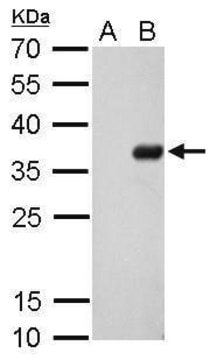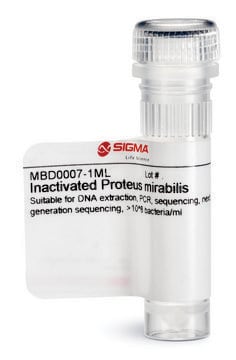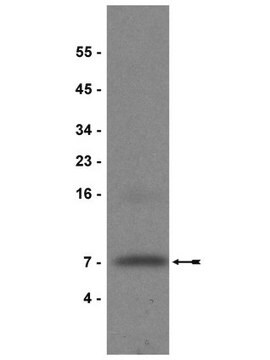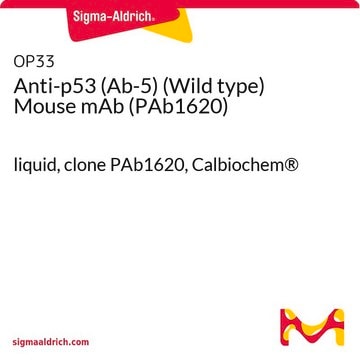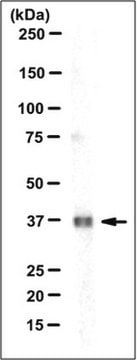SAB4200818
Anti- Proteus mirabilis antibody produced in rabbit
IgG fraction of antiserum
About This Item
Empfohlene Produkte
Biologische Quelle
rabbit
Antikörperform
IgG fraction of antiserum
Klon
polyclonal
Beschreibung
Research area: Microbiome
Form
buffered aqueous solution
Mol-Gew.
~70 kDa
Speziesreaktivität
Proteus mirabilis
Verpackung
antibody small pack of 25 μL
Konzentration
~1 mg/mL
Methode(n)
immunoblotting: 1:10,000-1:20,000 using Proteus mirabilis LPS
indirect ELISA: 1:16,000-1:32,000
Versandbedingung
dry ice
Lagertemp.
−20°C
Posttranslationale Modifikation Target
unmodified
Verwandte Kategorien
Allgemeine Beschreibung
Immunogen
Anwendung
Physikalische Form
Sonstige Hinweise
Haftungsausschluss
Lagerklassenschlüssel
10 - Combustible liquids
WGK
WGK 1
Flammpunkt (°F)
Not applicable
Flammpunkt (°C)
Not applicable
Analysenzertifikate (COA)
Suchen Sie nach Analysenzertifikate (COA), indem Sie die Lot-/Chargennummer des Produkts eingeben. Lot- und Chargennummern sind auf dem Produktetikett hinter den Wörtern ‘Lot’ oder ‘Batch’ (Lot oder Charge) zu finden.
Besitzen Sie dieses Produkt bereits?
In der Dokumentenbibliothek finden Sie die Dokumentation zu den Produkten, die Sie kürzlich erworben haben.
Unser Team von Wissenschaftlern verfügt über Erfahrung in allen Forschungsbereichen einschließlich Life Science, Materialwissenschaften, chemischer Synthese, Chromatographie, Analytik und vielen mehr..
Setzen Sie sich mit dem technischen Dienst in Verbindung.
